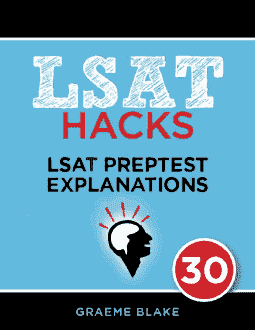DISCUSSION: The author seems to like Vernon’s study. See lines 1-5. The passage insults historians and says Vernon helps to dispel their myths.
The passage offers no criticism or skepticism of Vernon’s theories. When reading a passage, watch for this kind of nuance, or the absence of nuance. If a passage does offer criticism despite being generally positive, that’s important.
___________
- There’s no skepticism. The passage takes Vernon’s findings at face value, even where they’re least certain, in the last paragraph.
- CORRECT. The passage admires Vernon’s role in disproving earlier historians. And the passage presents Vernon’s theories without criticism.
- The passage is more than neutral: it implies Vernon’s theories are likely true.
- There is not a single word of skepticism towards Vernon in the passage. I will shave my head and donate $1000 to charity if someone finds one. Really.
- The same thing I said in D applies, except I’ll make it $5000 if you can find a line where the passage is “overtly dismissive” of Vernon.


Hi, I am still unsure how it is very clear that the passage is admiring its accomplishments? Solely on the basis that it proved a previous understanding as wrong? Along the same note, I don’t get why this would not be neutral towards her theories. Thanks, Graeme!
Even the first line shows us the author’s opinion. “Amelia Wallace Vernon helps to dispel this notion….”
She is dispelling an incorrect notion, meaning she is speaking the truth. The author is showing he thinks she is right. He has many other such phrases, such as “this is particularly compelling” when describing a discovery she made, in the first paragraph.
The adjectives and phrases an author uses reveal their opinion. LSAT authors don’t come out and say “I like Vernon and think she is great and approve of her”, you have to read between the lines and see how they describe her.
Note: This is an old comment but I wanted to clarify the point.